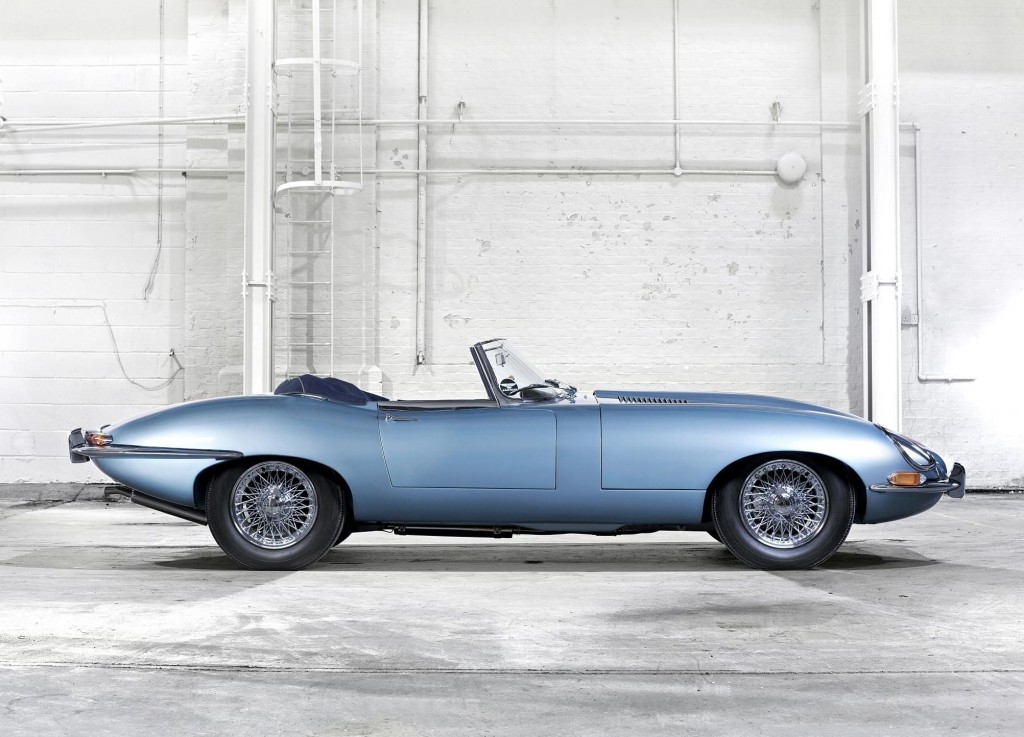Insurance options for Classic Cars.
Generally, it is well-known among car owners that insurance is not only a good idea financially, but also a legal necessity. That is to say, in most areas driving without car insurance is illegal. Additionally, the right car insurance policy can save drivers from the majority of burdensome costs that result from accidents and other damages and misfortunes. However, what is somewhat less well-known is that car insurance is also a very good idea for classic cars – even if they are mostly for show.
When you have a classic car, even if you don’t drive it regularly, it may still be prone to damages. From gradual wear and tear, to scratches and blemishes obtained during car shows, classics can be vulnerable – and, in many cases, damaging a classic car is more costly than damaging your everyday driving vehicle. Fortunately enough, respected insurance companies such as Aviva do have policies specifically designed to cover classic cars. Here are a few words on insurance options for your classic from this specific company.
.
Qualification
Before you obtain insurance specifically for your classic car, you must meet the standards Aviva has laid out to qualify as a classic. These standards are, first, that your classic car be used as a secondary vehicle, rather than your primary transportation. Additionally, the car must have been manufactured a minimum of 20 years ago, and must not be driven more than 7,500 miles per year. Significantly lower mileage may result in a discount in some situations.
.
Valuation
One of the interesting perks of securing insurance specifically for a classic car is that it will include an accurate valuation of the vehicle. Determining the value of a classic car on your own can be difficult, but it can certainly be nice to have an accurate valuation of a car used for shows, collections, etc.
.
Damage Coverage
Once you qualify for classic car insurance, you can receive full coverage for various damages. This includes traditional damages, such as cracks to the windows and windshield. However, it also covers the damages that may occur at public events, such as classic car shows, etc. Some types of events (speed-related trials, for example) are excluded, but in general this coverage can help you to feel at ease putting your classic car in public events.
Ultimately, the best way to make sure that your classic car retains its integrity and value is to take care of it on your own. This means regular maintenance and thorough protection. But, in the event that your classic does become damaged, having coverage for it can lessen the blow significantly, and help you to set about repairs or replacements free of financial burden.
I hope this article has been of help to you, and good luck insuring you much-loved classic.





